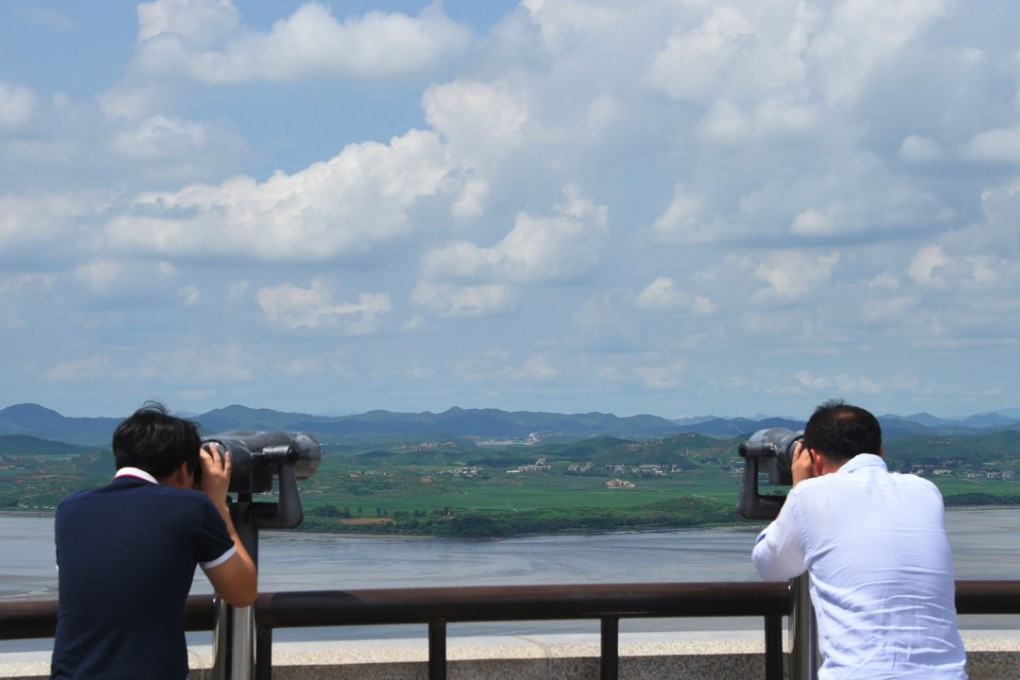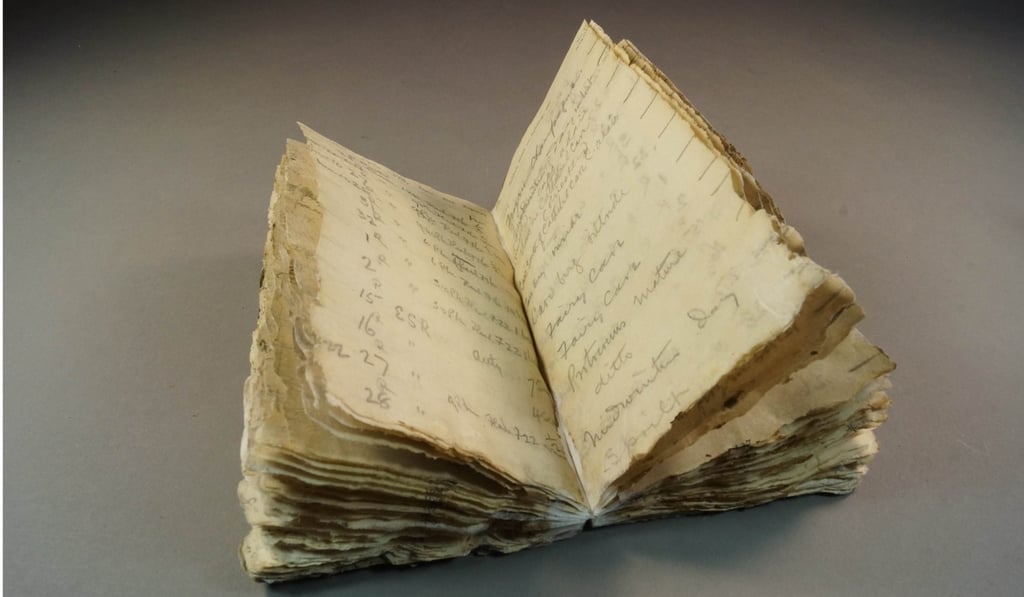Wang Qishan is reading about history’s decisive moments, and so should we
Niall Ferguson says the book recommendation by China’s powerful anti-corruption chief to his Politburo Standing Committee colleagues will resonate as the hour of reckoning approaches on the Korean missile crisis

Usually, wrote Zweig, history does nothing but “add link to link in that enormous chain that stretches through the millennia”. Very occasionally, however, “a critical moment occurs in the world” that is “decisive for decades and centuries ... a single moment that determines and decides everything: a single yes, a single no, a too early or a too late makes that hour irrevocable for a hundred generations”. Zweig, a Viennese, called such moments sternstunden, best translated as “stellar moments”.

Part of the charm of Decisive Moments in History is the idiosyncrasy of Zweig’s selection. Three are famous events in political history: the fall of Constantinople to the Ottomans in 1453, Napoleon’s defeat at Waterloo in 1815, and Lenin’s return to Russia in 1917. Others are less obvious but still significant in the history of exploration and economics: Balboa’s first glimpse of the Pacific Ocean, John Sutter’s discovery of gold in California and the fatal race between Scott and Amundsen to reach the South Pole.
You do not have to be a nice guy to change history
Yet it is to the first three turning points that the reader returns. The fall of Constantinople, in Zweig’s telling, is mainly the triumph of ruthless calculation by the young Ottoman sultan, Mehmed the Conqueror – but the fatal breach in the city’s defences is the result of a humble gate, the Kerkoporta, inadvertently left ajar.
